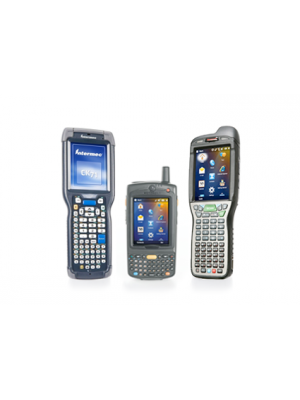These days, it seems like the news headlines are so full of doom and gloom. The small rays of sunshine occur when there are headlines about the courageous and brave heroes who risk, and even sacrifice their lives to help others. It is reassuring to know that true heroes do exist.
Well these days, the term “hero” needn’t be strictly reserved for public servants. As a matter of fact, I have seen several headlines recently about an unexpected hero – the QR Code!
The first story that I came across takes place in Argentina. From what I gather, there is a charity called Bandera Blanca Missing Children that helps locate missing children and return them to their families. Sadly, the prevalence of missing children is extremely high in Argentina. The charity strategically places QR Codes in public places, especially in locations that are often frequented by children and their families. Smartphone owners can then scan the codes to access pertinent information and photos of children who have gone missing. The QR Codes are cleverly referred to as “QRiosity Codes.”
A similar charity, based in San Jose, California, uses QR Codes for the purpose of locating missing children, as well. Child Quest International has a QR Code on their homepage and adds QR Codes to missing children flyers.
Meanwhile, in Canadian and United Kingdom police departments, QR codes are fighting crime by serving as “Wanted” ads! The departments post photos of suspects or individuals wanted for questioning to their websites, billboards, and other advertisements.
The downside is that many people are still unfamiliar with QR Code technology – and many don’t have smartphones. But hopefully, as this technology continues to evolve, familiarity with QR Codes will grow – and the prevalence of “QR Code Heroes” will increase, too. If you’d like to create your own QR Code – or any other type of barcode, for that matter – try L-Tron’s barcode generator tool. It’s completely free and easy to use!
Isn’t it fascinating to see how this modern technology is shaping – and potentially saving – lives?













